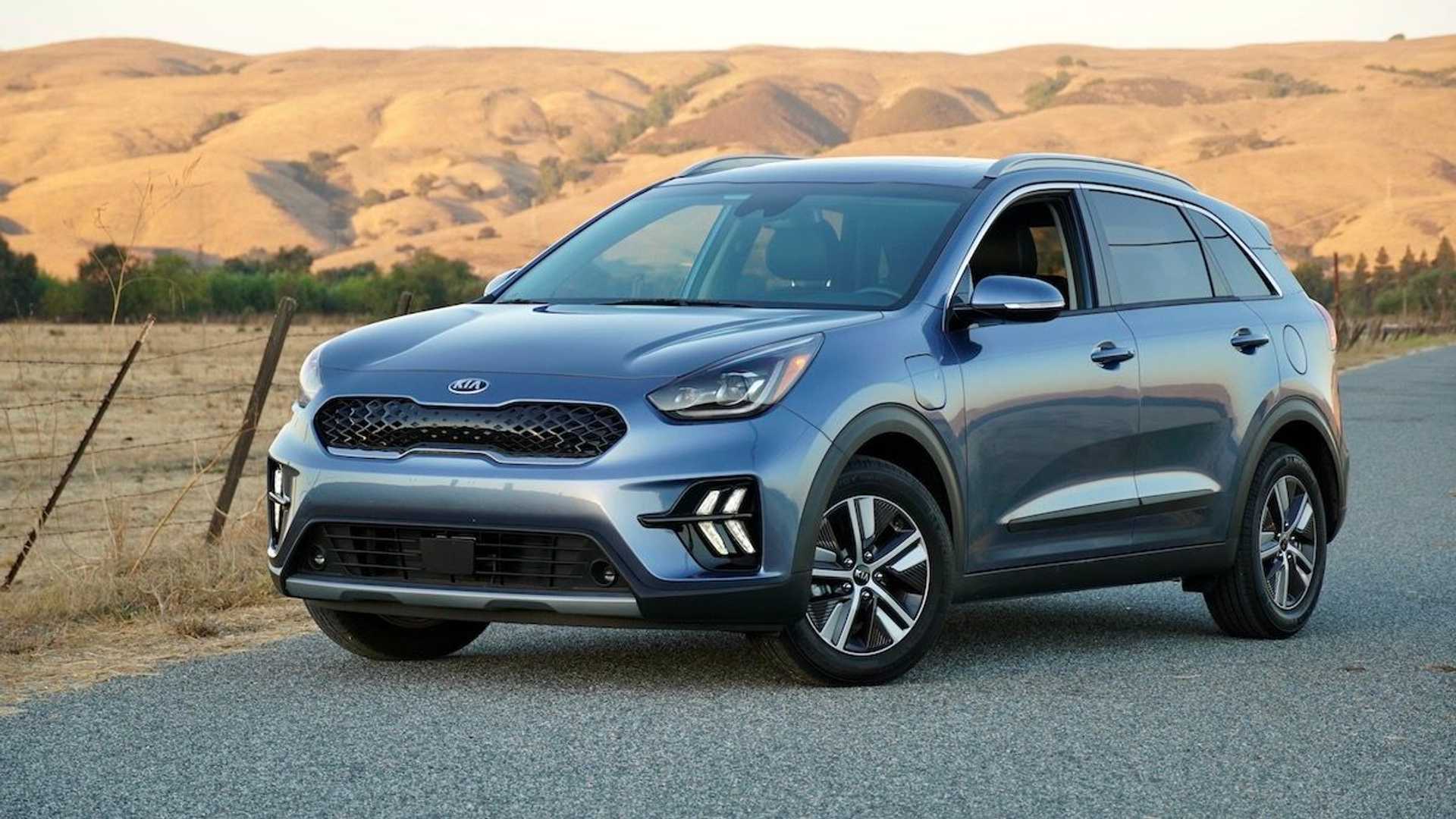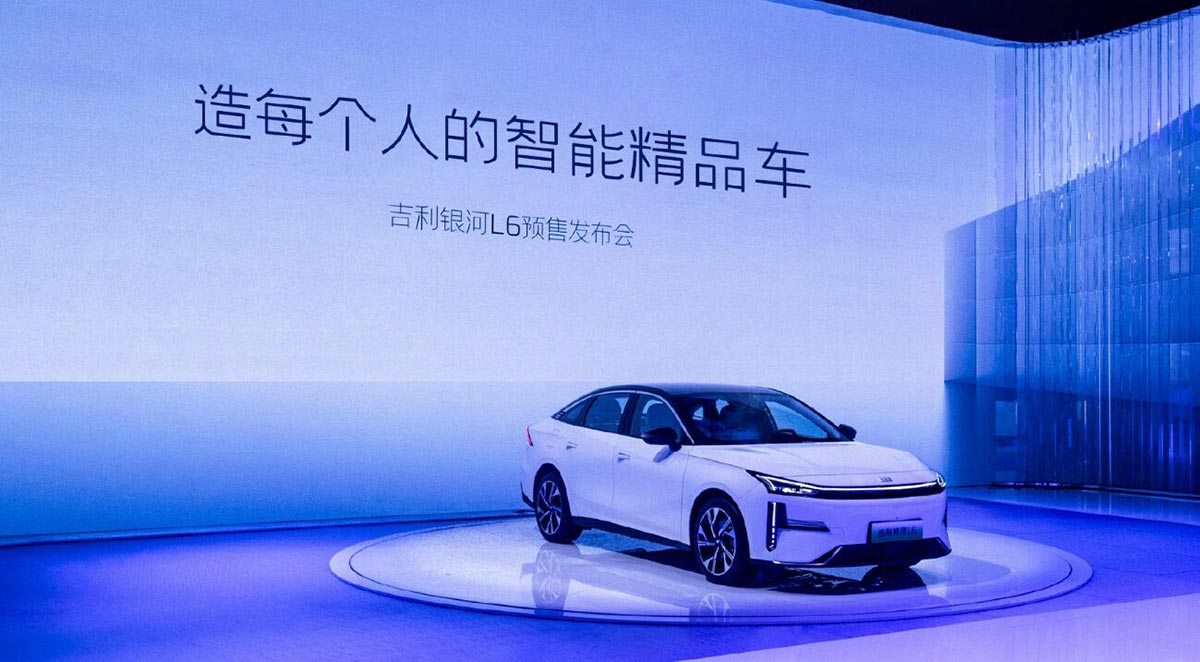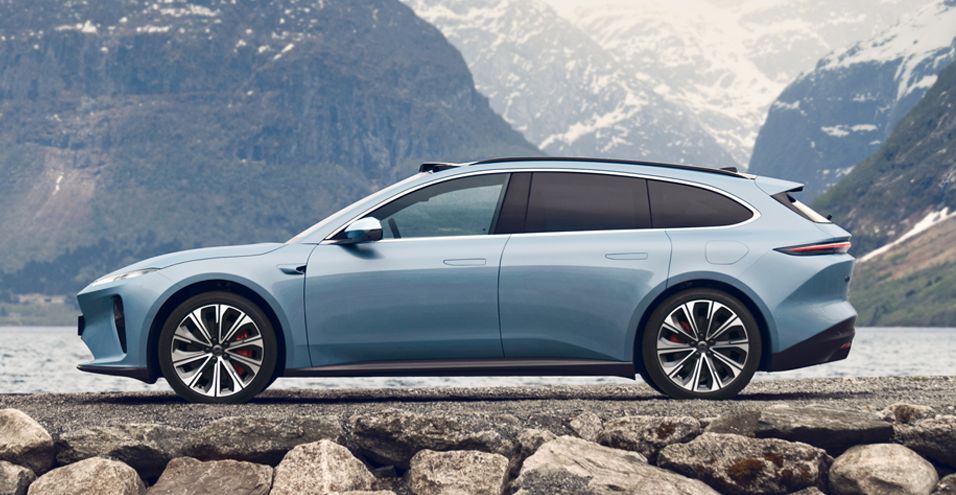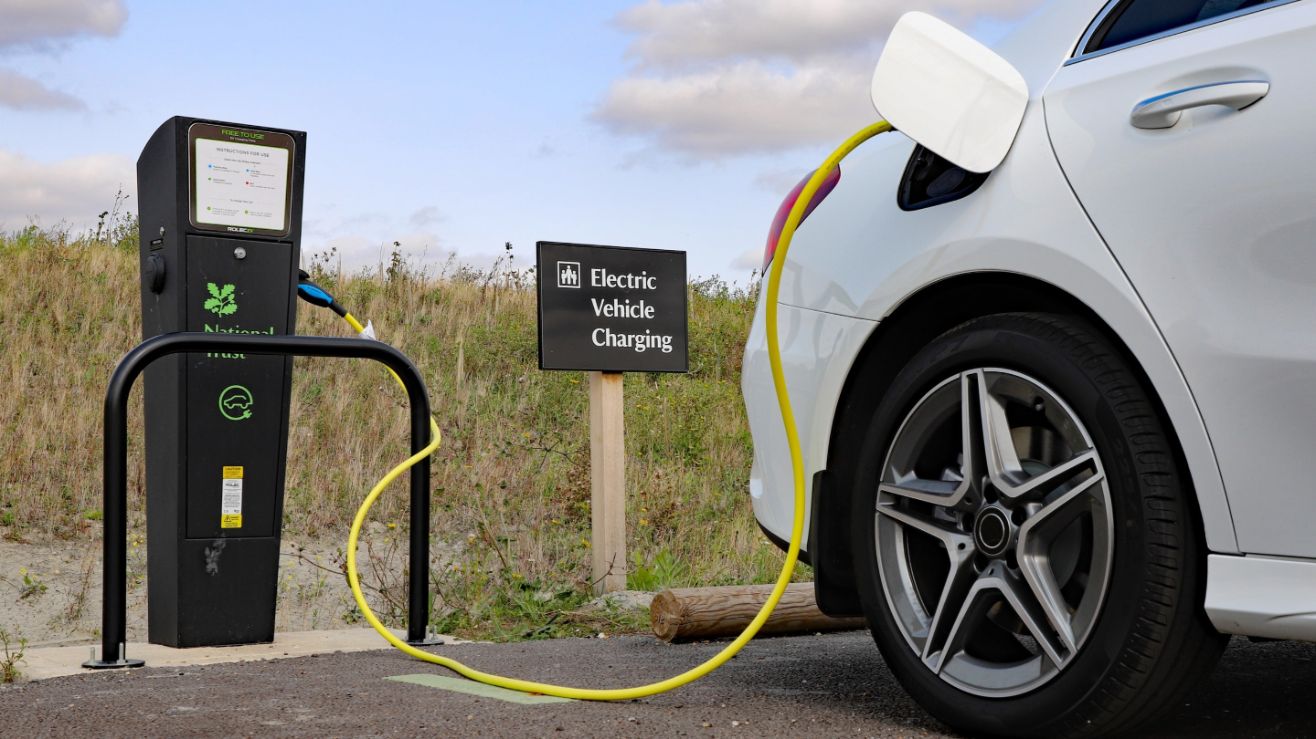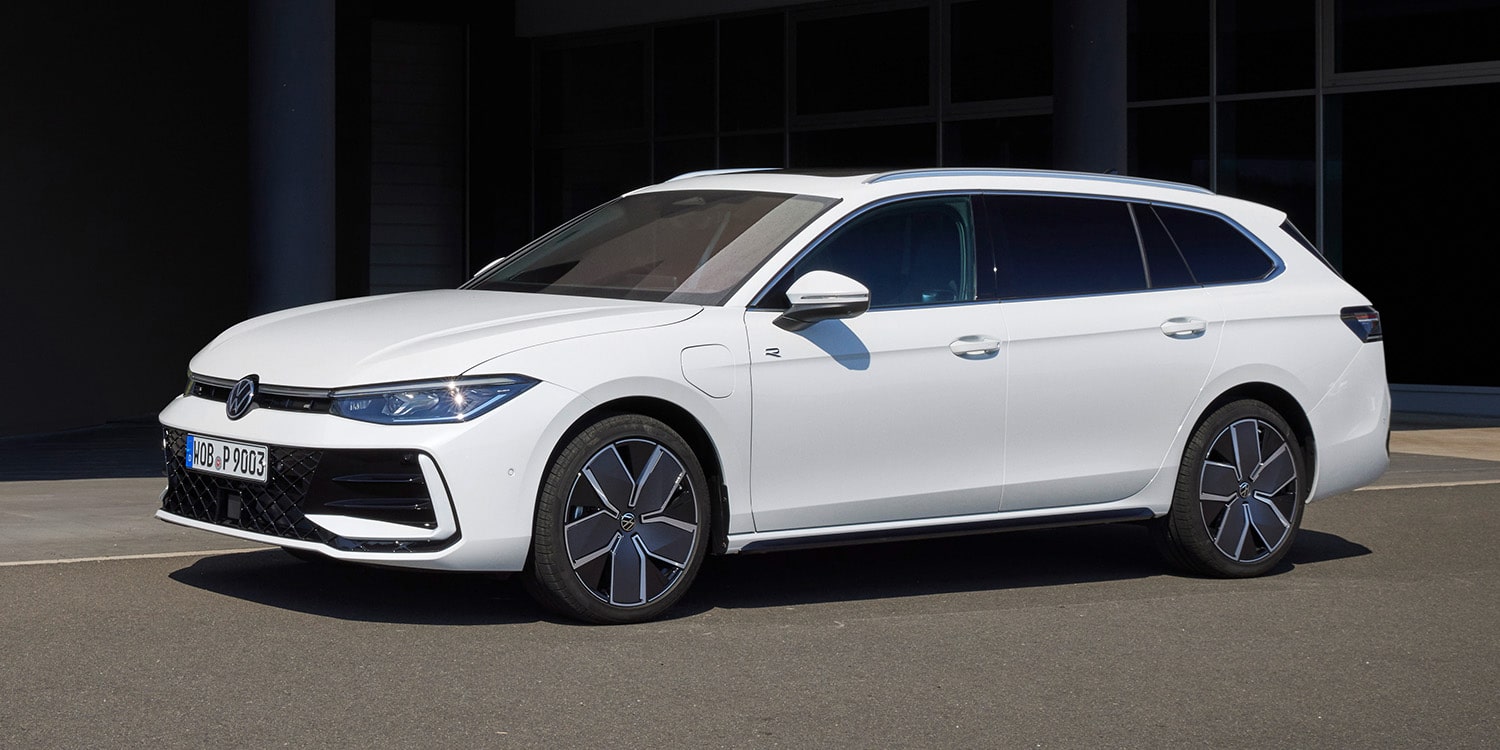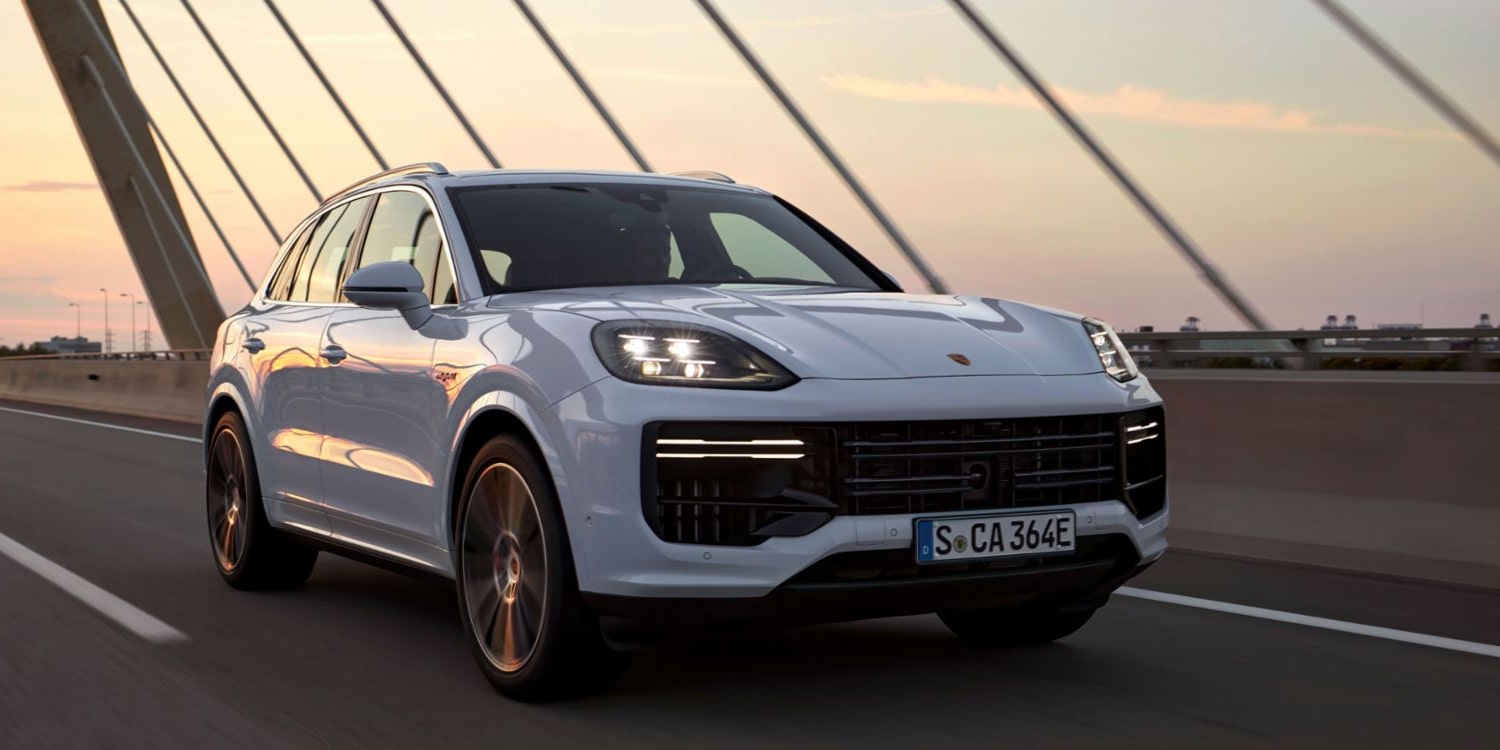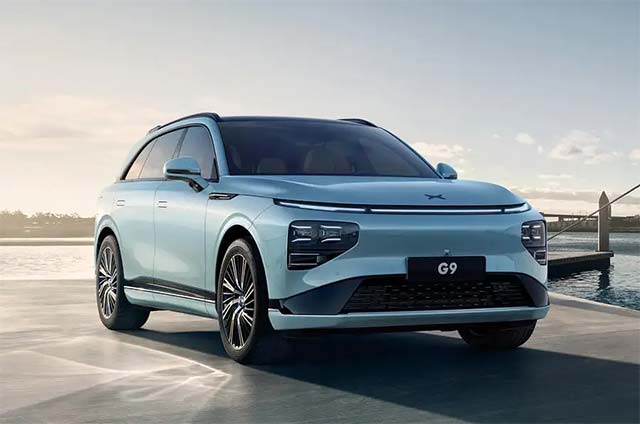In an unexpected twist amidst the electric vehicle (EV) revolution, hybrid cars are poised to make a formidable comeback, defying predictions of their impending obsolescence. Contrary to conventional wisdom, industry analysts project a robust future for Hybrid Electric Vehicles (HEVs) and Plug-in Hybrid Electric Vehicles (PHEVs) in the US market over the next few years.
Spearheaded by insights from S&P Global Mobility, a profound transformation is anticipated in the landscape of American automotive preferences. The projection indicates that hybrid vehicle sales are on track to triple over the course of the next five years. This resurgence is characterized by a forecasted market share of 24% for hybrids, closely followed by battery electrics at 37%, while offerings featuring internal combustion engines (ICE) and mild-hybrid technologies are estimated to maintain a 40% share by the year 2028.
Drawing comparisons with the present scenario, the 2023 forecast underscores the current dominance of ICE vehicles, with a staggering 80% share, overshadowing the 7% share commanded by hybrids and the 9% share by EVs.
Survey results underscore that several factors continue to hinder the wider adoption of fully electric models. The high upfront costs of purchase, restricted travel range, extended charging durations, and the ongoing challenge of limited charging infrastructure persist as prominent deterrents for potential buyers. Despite substantial advancements in these areas over recent years, the hesitancy displayed by some consumers is key to understanding the gradual pace of EV adoption.
Presently, the US automotive market boasts an array of more than 60 hybrid models. Toyota and Lexus have emerged as frontrunners with a substantial share of 18 hybrid offerings, while Hyundai and Kia trail with 7, Ford and Lincoln offer 6, and Stellantis provides 3 options. General Motors, though tardy to the hybrid party, is slated to introduce its inaugural hybrid model later this year. However, the widespread enthusiasm for hybrids has also led to a supply-demand imbalance, causing limitations in their availability at dealerships across the country.
According to insights from industry forecasters highlighted by Reuters, key players such as Toyota, Ford, and Stellantis are poised to inject the US market with a wave of “hundreds of thousands of hybrid vehicles” in the coming five years. This strategic maneuver serves as an alternative for a more conservative clientele, catering to both retail and commercial sectors. The appeal of electrified petrol engines, which align with stringent emission regulations, underscores their marketability.
Of note, Toyota – a stalwart known for its pioneering role in hybrid technology – is set to leverage this revived hybrid trend. Ford, despite its initial EV-centric focus, has unveiled plans to quadruple hybrid sales by 2028. Stellantis, too, places its bets on hybrids, given that electrified variants currently comprise 36% of Jeep Wrangler sales and 19% of Chrysler Pacifica sales. In a marked contrast, General Motors remains steadfast in its commitment to an EV-exclusive lineup by 2030, displaying minimal inclination towards hybrid offerings.
As the automotive industry hurtles towards an electrified future, the resurgence of hybrid vehicles stands as a testament to the intricate interplay between technological advancement and consumer preferences. Amidst a dynamic landscape, automakers’ strategies to embrace diversity in powertrain options are poised to redefine the industry’s trajectory in the years to come.

